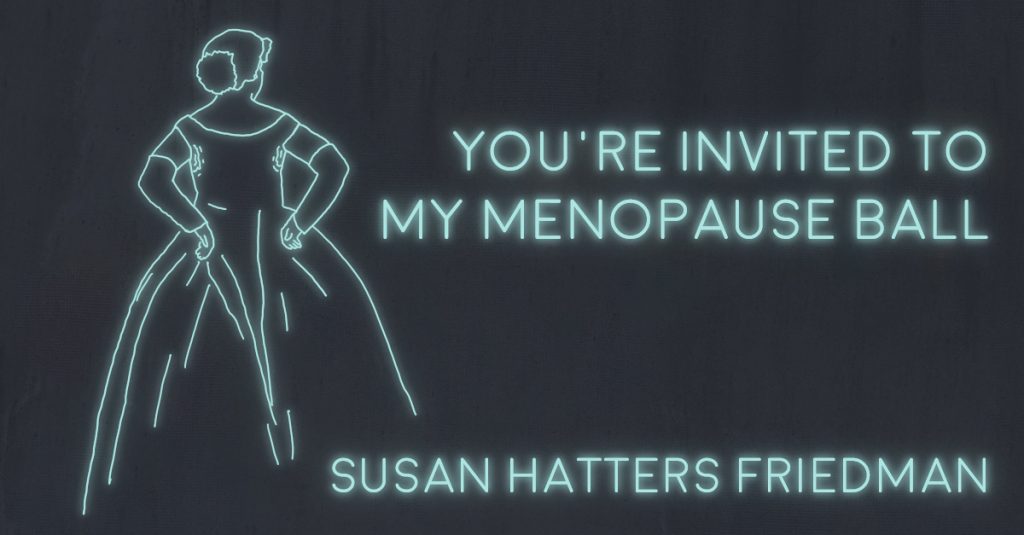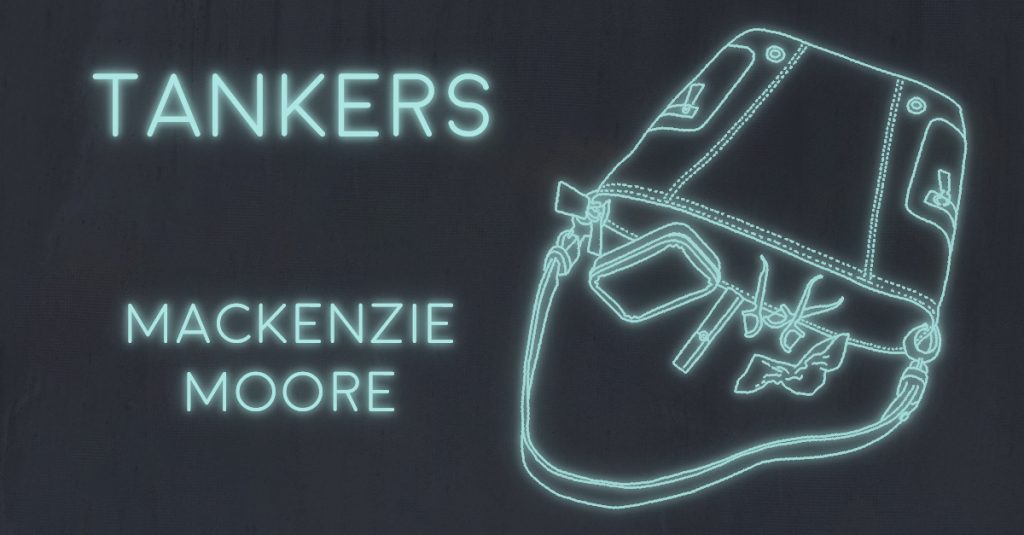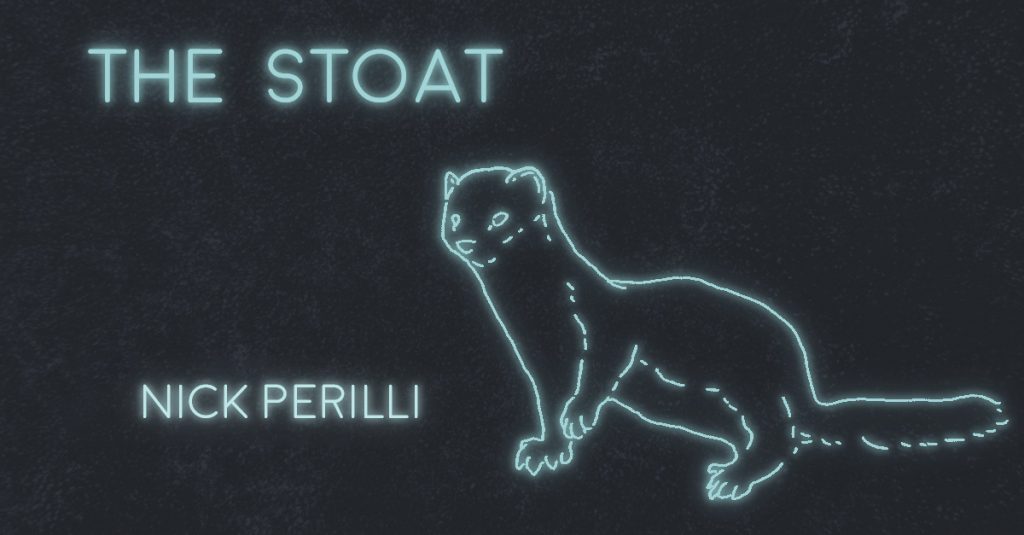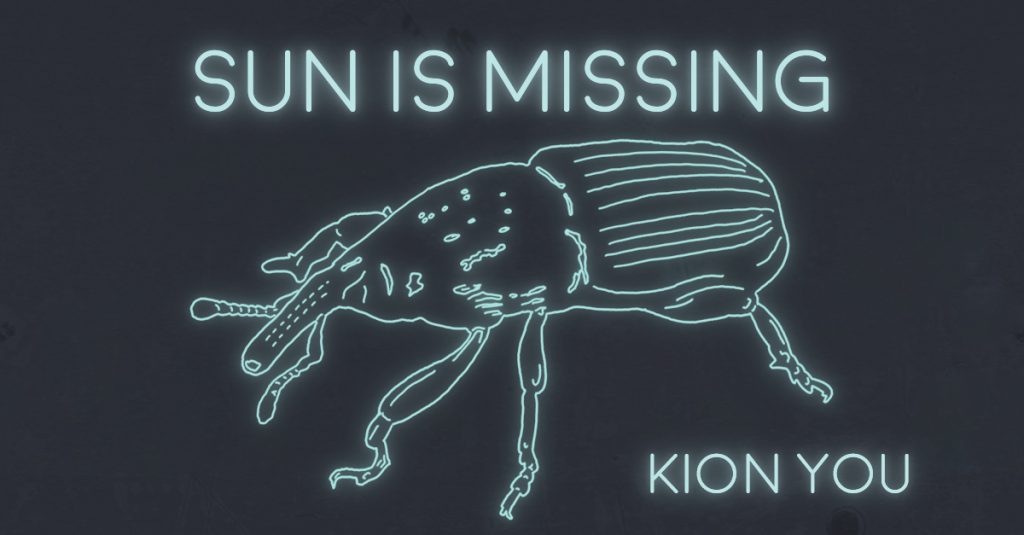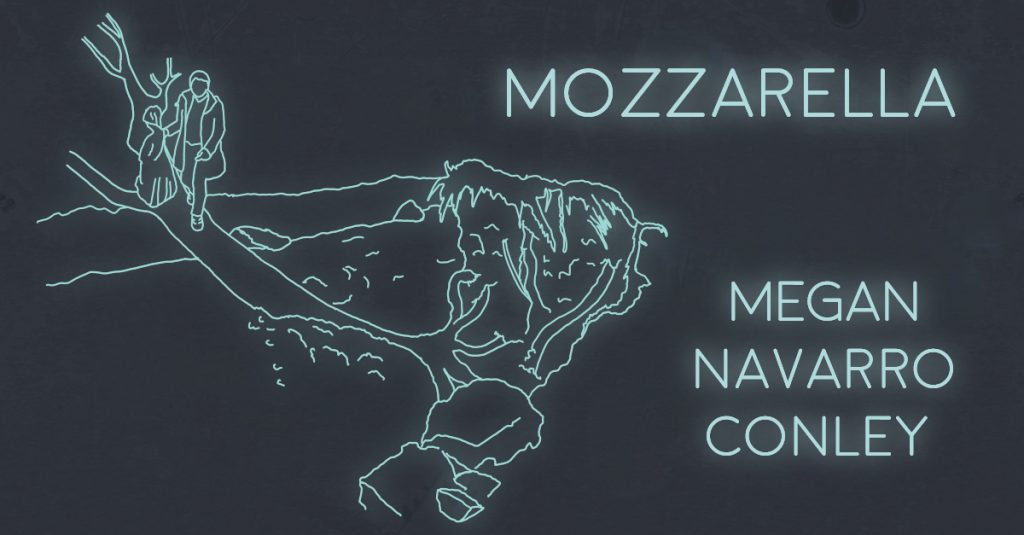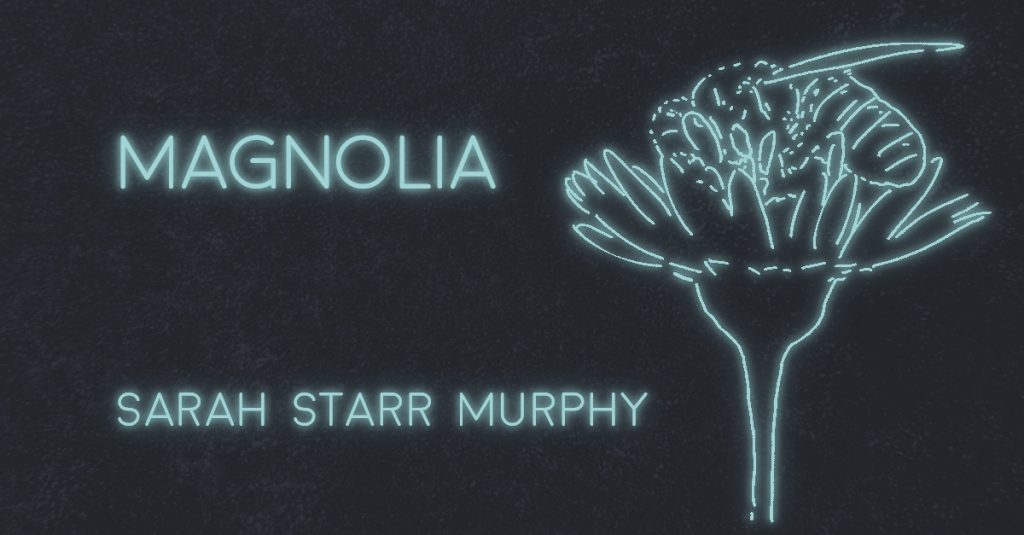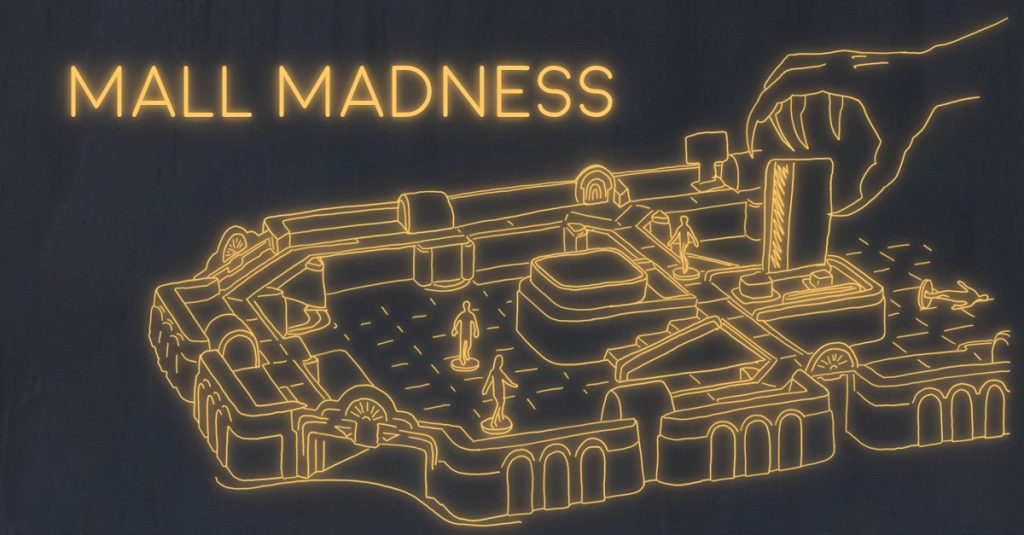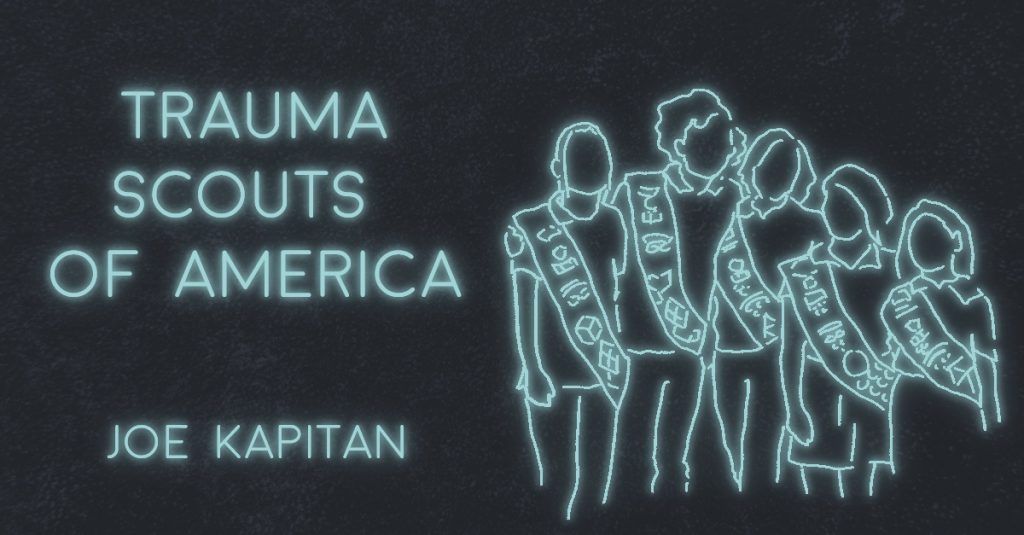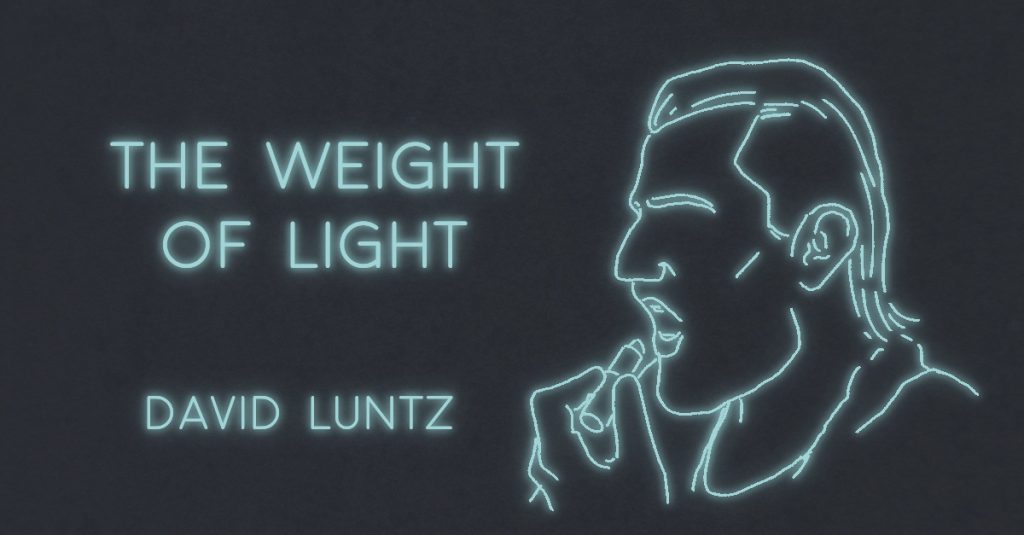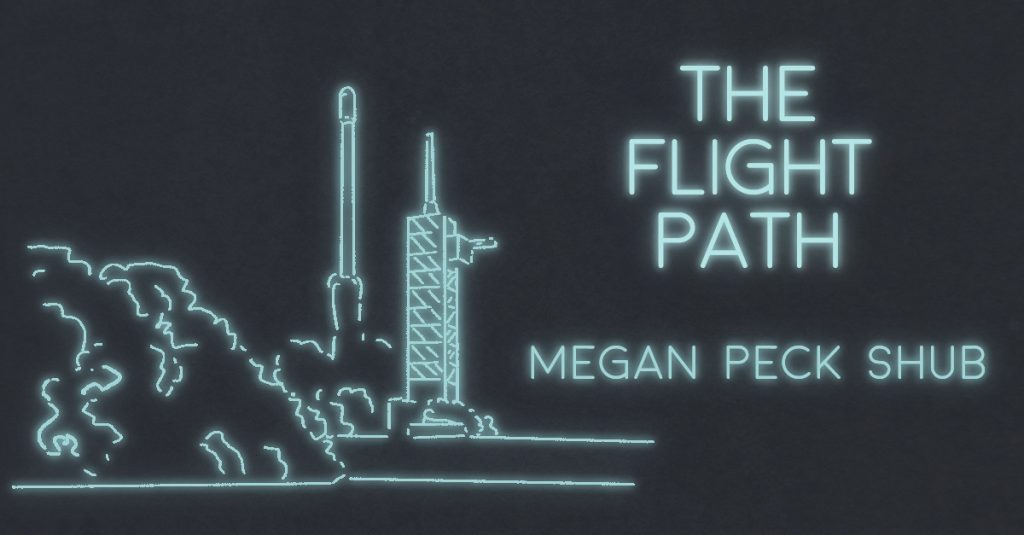
THE FLIGHT PATH by Megan Peck Shub
The morning my friend passed away—not a euphemism here, for passing is just what she did, through her protracted process, a slow shifting from life to whatever it is that is not life—some engineers launched a rocket at the Cape. I’d flown down from New York at 4 AM, but I arrived too close to the end for me to cut in, so I stayed at my parents’ house, waiting for the call. That night, in someone’s backyard, my other friends and I, we stood there, conscious of our collective remaining behind. It was one of those suburban Florida backyards,…

